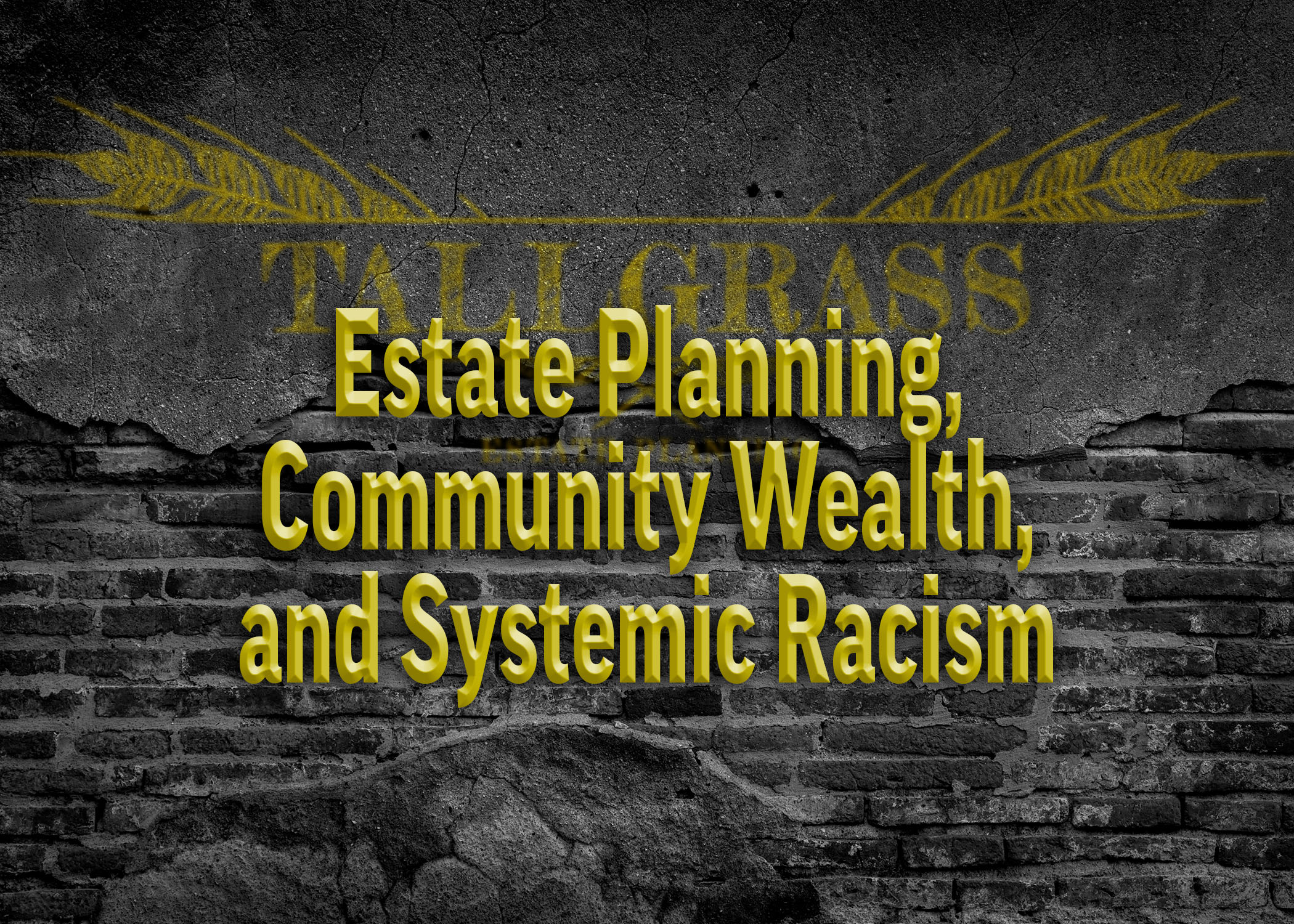
There is a Buddhist teaching about Three Divine Messengers, each of whom help us to wake up, pay attention, and make right choices. The Messengers are described like this:
01-First Messenger: Old Age
Did you never see in the world a man or woman eighty, ninety, or a hundred years old, frail, crooked as a gable-roof, bent down, resting on crutches, with tottering steps, infirm, youth long since fled, with broken teeth, grey and scanty hair, or bald, wrinkled, with blotched limbs? Did it never occur to you that you also are subject to old age, that you also cannot escape it?
02-Second Messenger: Disability
Did you never see in the world a man or woman, who being sick, afflicted, and grievously ill, and wallowing in their own filth, was lifted up by some people, and put down by others? Did it never occur to you that you also are subject to disease, that you also cannot escape it?
03-Third Messenger: Death
Did you never see in the world the corpse of a man or woman, one or two or three days after death, swollen up, blue-black in color, and full of corruption? Did it never occur to you that you also are subject to death, that you also cannot escape it?
The call to attention these Messengers provide is not unique to Buddhism, or any religious tradition. There are parallels in many traditions, like Jewish, Christian, Muslim, Greek, Roman, Norse, Celtic, and Vedic religions and mythologies. Frankly, no religious or mythic perspective is necessary to notice this most basic truth:
Aging, Sickness, and Death are universals. Wisdom compels us to pay attention and stop living as if health and life are to be taken for granted. So What?
When confronted with the realities of aging, sickness, and death, we usually do one of two things:
- We pretend that we will never be subject to aging sickness, and death, and when they inevitably visit us we suffer twice. We suffer, first of all, because of the effects of age, sickness, and death. And we suffer again, mentally and emotionally, because of the sorrow and anxiety that come from holding on to our wrong belief that we were impervious to age, sickness, and death.
- We romanticize aging, sickness, and death, pretending that they will be comfortable or pleasant experiences. And so, again, we suffer twice. We suffer, first of all, because of the effects of age, sickness, and death. And we suffer again, mentally and emotionally, because aging, sickness, and dying do not "feel" like we had imagined. Rather than feeling noble or heroic, we often feel frail and weak.
A Better Way
It is not necessary that we should ignore or romanticize the Three Messengers. We cannot escape the pain that will accompany aging, sickness, and death, but we can alleviate much of the suffering by being adequately prepared practically, psychologically, and spiritually.
My goal in this post is not to claim the ability to help you prepare psychologically or spiritually, but instead to provide a gentle reminder that practical preparations are available and easily within your grasp.
Regardless of how many or how few assets you have, and regardless of your current health status, planning is crucial. Without planning, you and your loved ones will inevitably be faced with the practical (legal and financial) consequences of aging, sickness, and death that will make it nearly impossible to be at peace during a crisis and to be fully present with one another.
Make time to meet with an estate planning attorney, a financial advisor, and, depending on your current health, a life care manager.
Here's the stuff we always put at the end:
If you want to know more, we would love to talk with you about it. Best part, the conversation about how it could benefit you doesn't cost anything. Call us at (918) 770-8940 (in the Tulsa area) or (405) 358-3848 (in the OKC area) or send an email to firm@tallgrassestateplanning.com to set up a free consultation, either in person, video chat, or phone call.
Disclaimer: Reading this blog post does not create an attorney-client relationship, and it is not formal legal advice. This is for information purposes only. Your best bet, always, is to speak with an attorney about your questions, assets, concerns, and needs.

















